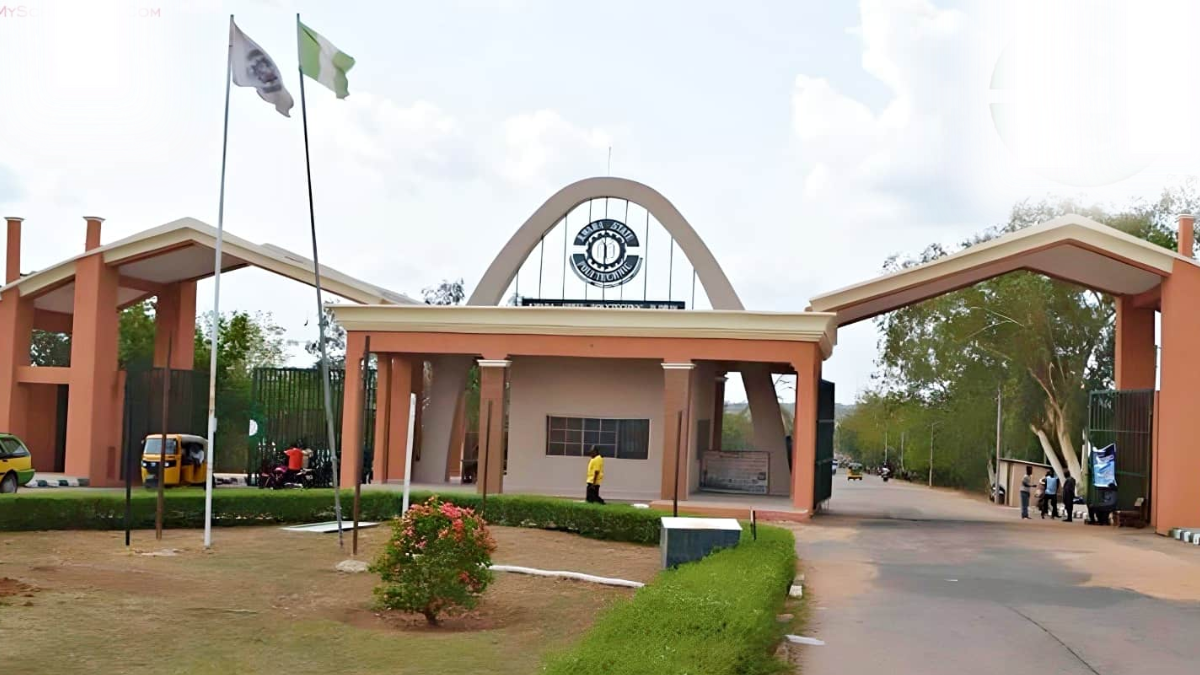News in brief:
– Kwara State Polytechnic harvested 25 tonnes of maize worth ₦30 million, turning land encroachment into an opportunity.
– The institution plans to expand farming efforts and involve the community, boosting local food security and economy.
Kwara State Polytechnic has demonstrated the immense potential of strategic farming initiatives by harvesting 25 tonnes of maize from its farmland. This bounty, valued at approximately ₦30 million, is not just a local triumph but offers valuable lessons for farmers worldwide.
Transforming challenges into opportunities
The Rector of Kwara State Polytechnic, Dr. Abdul-Jimoh Mohammed, highlighted how the institution turned a pressing challenge, land encroachment, into an agricultural success. Land encroachment refers to unauthorised occupation or use of land, which can limit farming activities. By initiating a large-scale farming project, the Polytechnic not only reclaimed its land but also contributed significantly to food production.
For context, the harvested maize represents about 10% of the daily maize intake at one of Ilorin’s major grain markets, Ago. This is a notable contribution, showing how article can bolster local food supplies. Initiatives like this also reflect a global trend where educational institutions are increasingly engaging in practical farming to support food security, reduce land wastage, and provide hands-on learning experiences for students.

Beyond maize
The Polytechnic is also set to harvest 180 tonnes of cassava later in the year. Cassava is a key staple in Nigeria and many tropical countries, known for its resilience and high carbohydrate content. The institution also plans to plant soybeans, a crop rich in protein and oil, towards the end of the rainy season. These crops are vital for food security, not just in Nigeria but across the globe, where they serve as essential dietary staples and sources of income for millions of smallholder farmers.
In response to the success of their current farming activities, Kwara State Polytechnic plans to expand its cultivated land by an additional 20 hectares in the next rainy season. They are also considering leasing portions of land to interested members of the public, fostering community involvement in agriculture. This approach is a powerful example of how educational institutions can engage the community, promote sustainable farming practices, and contribute to the local economy. It is similar to a plan to replicate this system in all agricultural institutions across the nation proposed in this article.
Kwara State Polytechnic’s farming initiative offers several other takeaways for farmers:
- Utilising Available Land: Turning underutilised or threatened land into productive farms can enhance food security and generate significant economic returns.
- Diversification: By planting multiple crops like maize, cassava, and soybeans, farmers can ensure a more stable and varied income.
- Community Engagement: Collaborating with local communities and institutions can amplify the impact of farming projects, leading to broader economic and social benefits.



